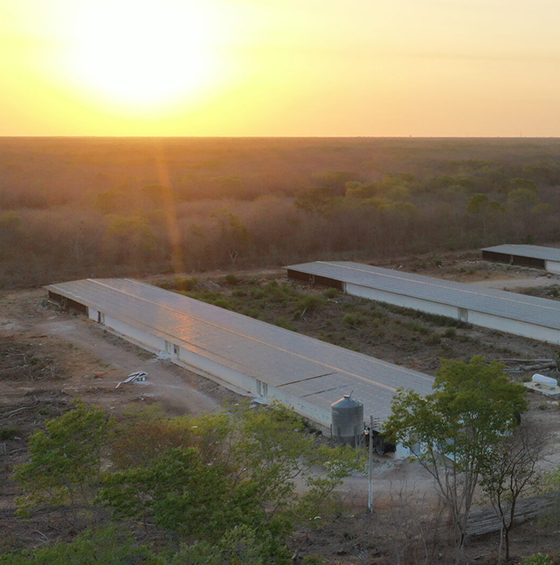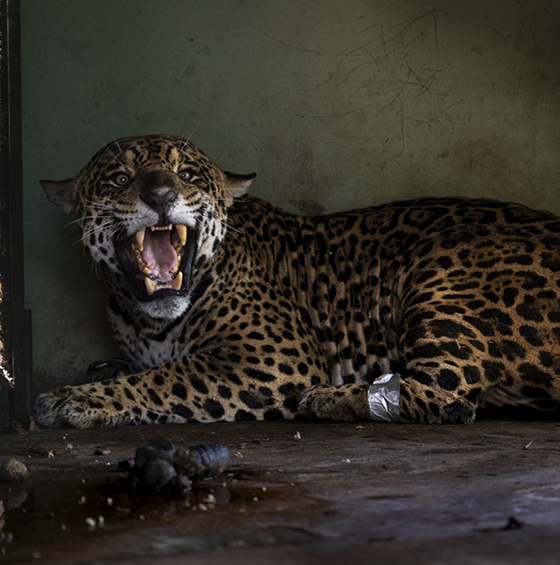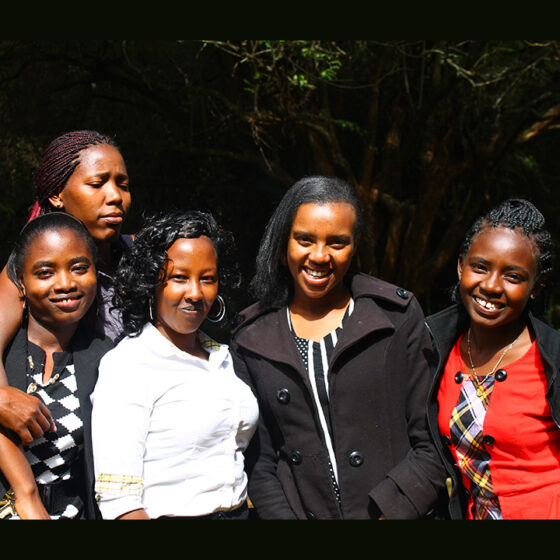Initiatives
Brighter Green’s initiatives span continents, addressing critical intersections of the climate and biodiversity crises, food systems, animal protection, and social equity. From fostering local collaborations to producing groundbreaking research and policy advocacy, our work reflects a commitment to sustainability and justice on a global scale. Through partnerships and innovative approaches, we accelerate systemic change that builds a greener, more just future for the human and nonhuman world.
Our Focus Areas
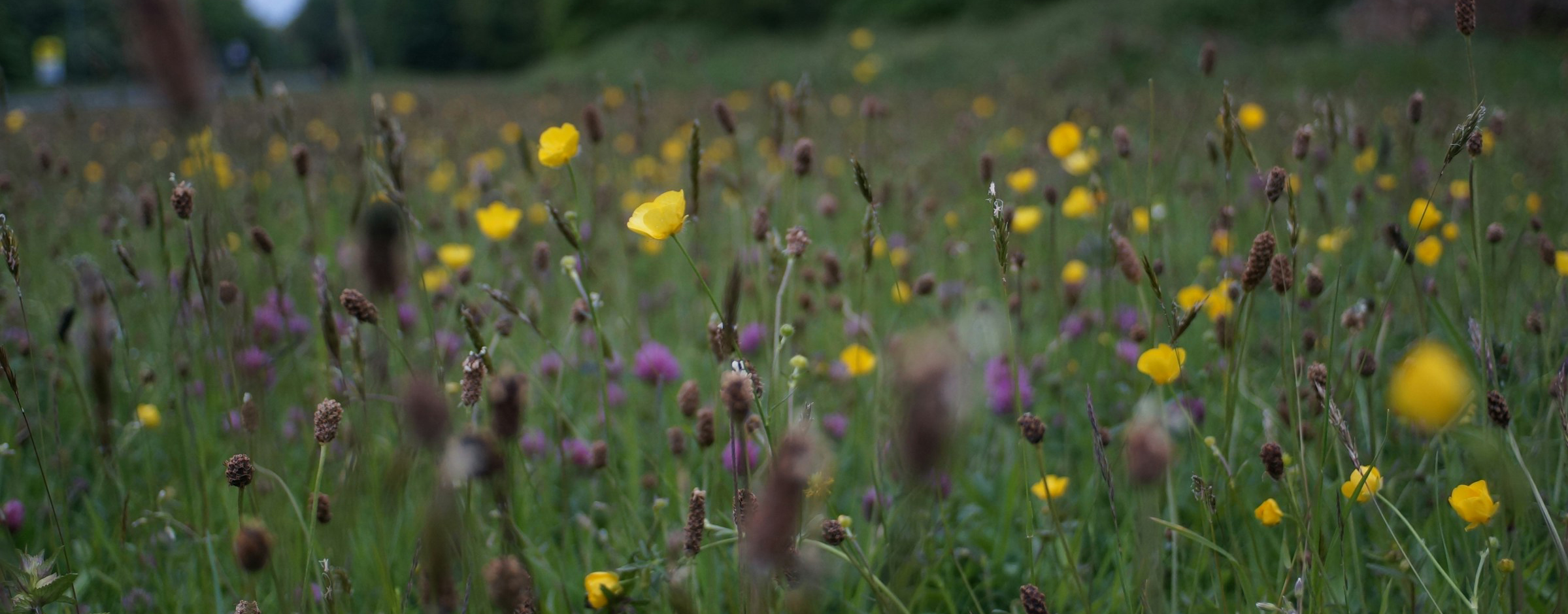
Animals, Climate, and Biodiversity
Brighter Green’s research, policy analysis, writing, and ideas- and project-incubation highlight the crucial role of industrial animal agriculture in exacerbating the climate and biodiversity crises, while centering the experiences of farmed and wild animals. We’ve participated in UN climate change summits (COPs) since 2009: organizing panels, sharing research and documentation work, advocating for concrete policy shifts with other civil society organizations and networks, and requesting that sustainable, climate-friendly food be served in all conference venues.
Brighter Green has also participated in two of the UN biodiversity convention COPs (most recently at Cali in 2024). We held a leadership role in the first UN food systems summit and collaborated on a large survey paper on the devastating role of “Big Meat” on the environment, small-scale farming operations, animal welfare, and the climate crisis, and efforts to change the industry’s practices. We’ve also studied the futures of plant-based and cultivated meat alternatives.
Many of our projects focused on food systems and factory farming in Latin America, Africa, and Asia place the climate and biodiversity crises at their center. Our 2025 paper on the history, future, and promising areas of joint action to advance the rights of Nature and the rights of animals addresses ongoing biodiversity loss, risks of future pandemics, and the destabilizing effects on the non-human world of global heating.
Publications & Research
- The Triangle: The Evolution and Future of Industrial Animal Agriculture in the U.S., China, and Brazil
- The Just Transition from Industrial Animal Production to Equitable, Humane and Sustainable Food Systems
- The Animals' Manifesto: Preventing COVID-X
- Beyond the Impossible: The Futures of Plant-Based and Cellular Meat and Dairy
- Chronic Disease, Changing Diets and Sustainability: The Globalization of Western-style Eating and Its Implications
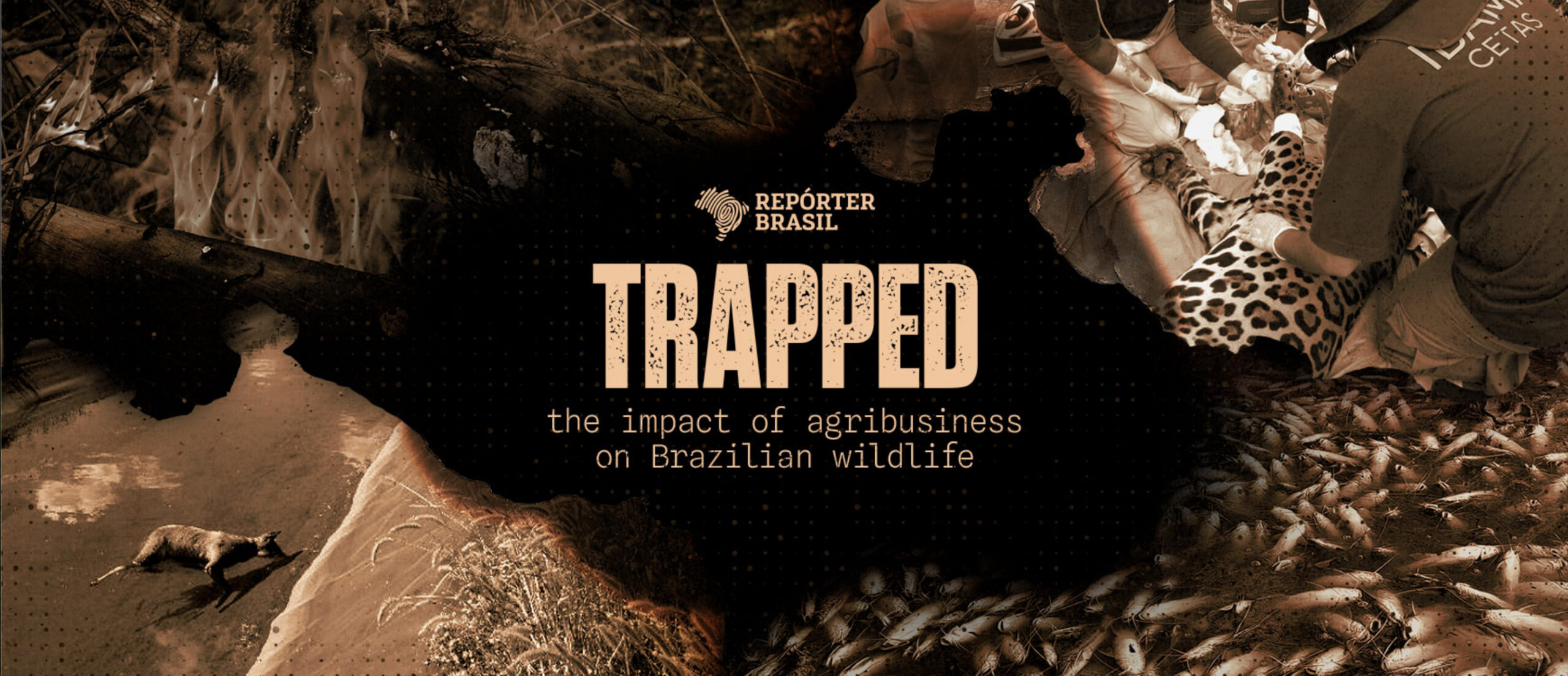
Documentation and Narrative
Brighter Green recognizes the importance of providing evidence of the effects of intensive animal agriculture on human communities; the land, water, and air; and the animals inside factory farms and those affected by pollution, habitat loss, and industry infrastructure.
Through its Animals and Biodiversity Reporting Fund, Brighter Green has enabled journalists, particularly in countries of the global South, where cattle and soy production are increasing, to uncover, e.g., instances of criminal activity, disregard for marginalized (often Indigenous) communities, lack of regulation, lagging policy-making and oversight, and rampant environmental destruction with negative consequences for wild animals, forests, and freshwater. Short, powerful, documentary videos usually accompany the reporting. We also inform public narratives on food systems, animals, and the environment, with the intent of changing policies and practices at global, national, regional, and local levels.
Publications & Research
- Repórter Brasil: Trapped: The Impact of Agribusiness on Brazilian Wildlife
- Repórter Brasil: Fire in the Pantanal Leaves Rescued Animals with Nowhere to Go (video)
- Guardian: Drugs, Hormones and Excrement: The Polluting Pig Mega-Farms Supplying Pork to the World
- Revista Raya: La Extinción del Pueblo Nukak (video)
- Revista Reya: Deforestation and Livestock Farming: A Paramilitary Marriage in the Colombian Amazon
- Mia MacDonald: Why Serving Meat at a Climate Conference is a Problem
- Sophia Kevany (Vox): UN Numbers Say Meat Is Bad for the Climate: The Reality Is Worse
- Mia MacDonald: Why Serving Meat at a Climate Conference is a Problem
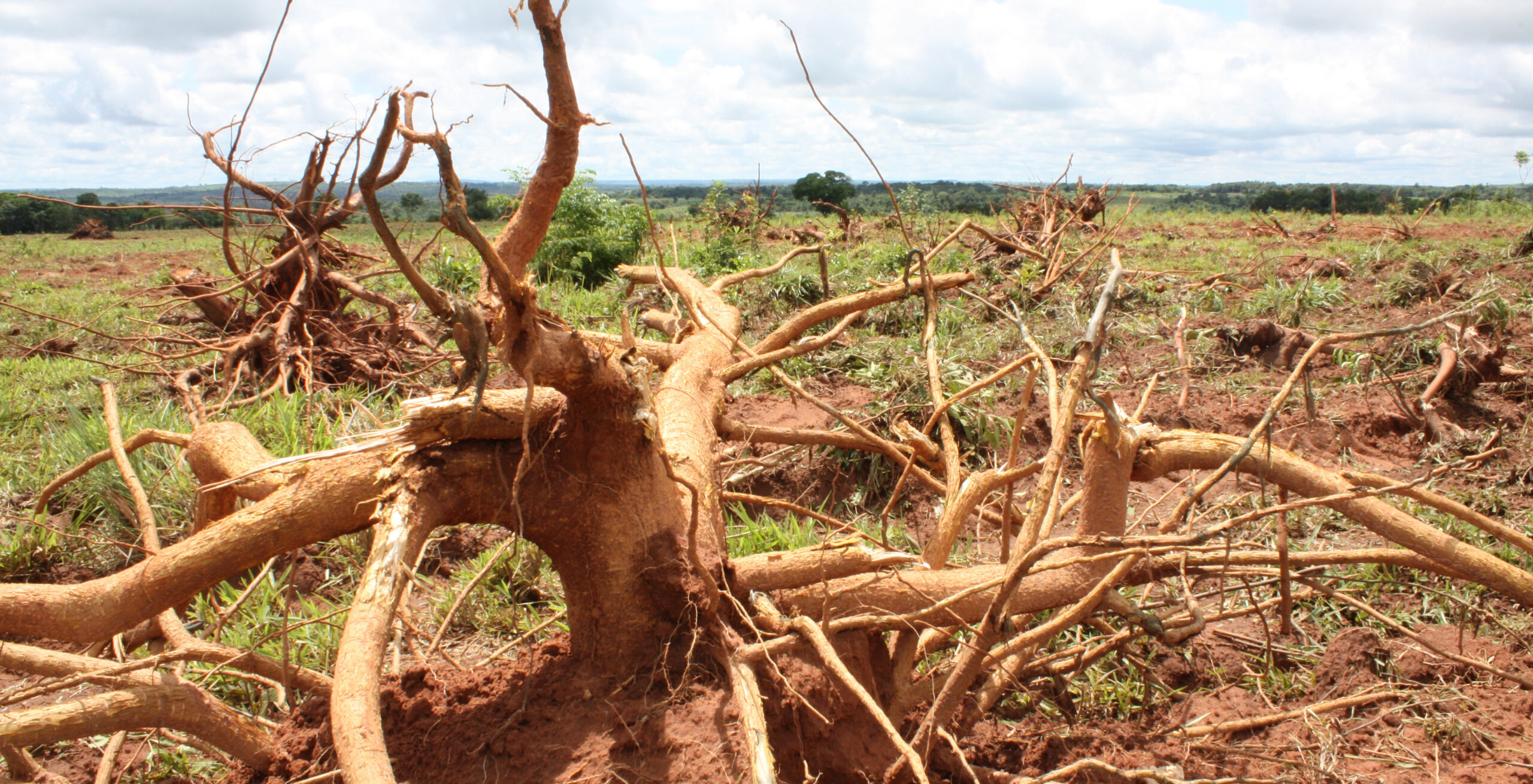
Latin America
Brighter Green’s work has ranged widely across the continent: from policy papers on the loss of forests, wildlife, and land rights through cattle ranching and large-scale soybean production in Brazil, to the impact of unhealthy diets on chronic disease in Mexico and Brazil, to case studies on more sustainable food systems and agroecology.
With our colleagues at the Global Forest Coalition, we have produced research and policy proposals (in English, Spanish, and Portuguese), co-hosted conferences, panels, and webinars, and advocated for action on the intersections of industrial animal agriculture with environmental degradation, biodiversity loss, livelihood erasure, and threats to Indigenous peoples in Paraguay, Argentina, and Brazil. We have organized panels on our work at UN climate summits (COP conferences) in Lima and Cancún.
Publications & Research
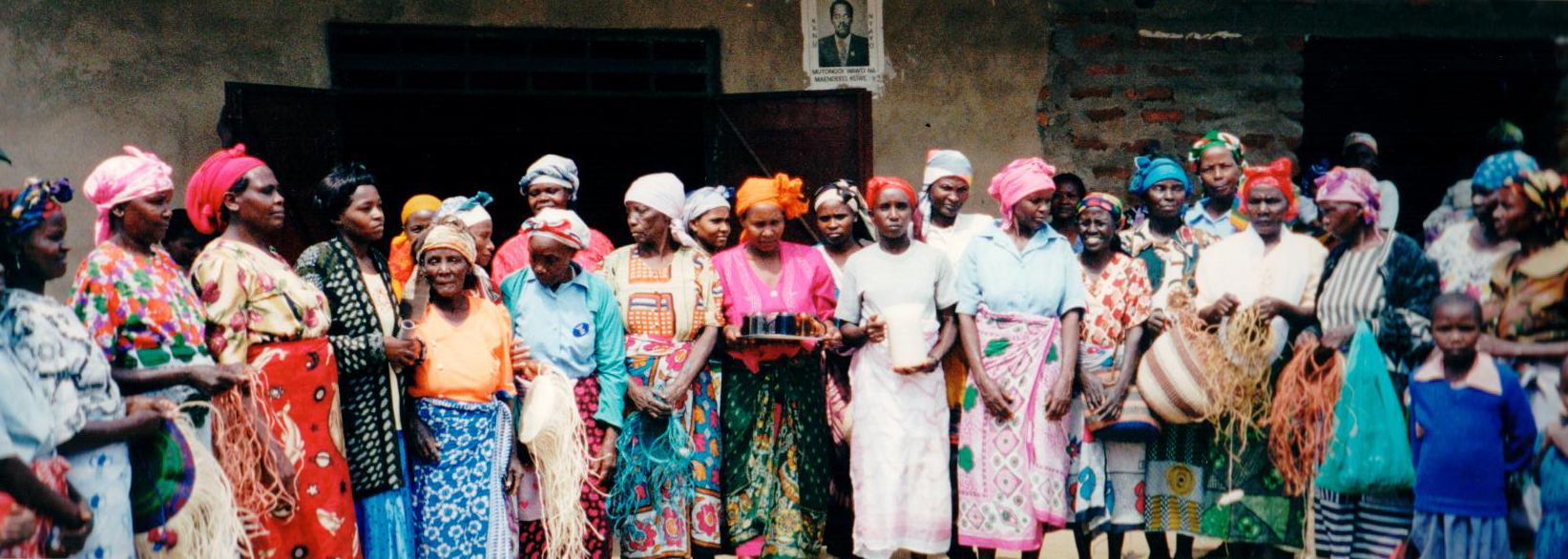
Africa
Brighter Green has investigated chicken farming in Kenya; studied the impact of intensive soy farming on land, water, cattle, and people in Ethiopia; supported scholarship and conferences on animal welfare in Rwanda and Uganda; coordinated a paper on African academics’ engagement with industrial animal agriculture; and contributed a chapter to a book entitled Africa and Her Animals.
Additionally, Brighter Green has collaborated with the 2004 Nobel peace laureate Wangari Maathai and the Green Belt Movement in Kenya, then through a young women’s leadership initiative with the Simba Maasai Outreach Organization (SIMOO) and Indigenous Information Network (IIN) in Kenya and Tanzania, and most recently the Africa Network for Animal Welfare and the Coalition of African Animal Welfare Organizations (CAAWO).
Publications & Research
- Engaging Academics in Efforts to Counter the Growth of Factory Farming in Africa
- Mia MacDonald: “A Rush Toward Industrial Animal Agriculture: Africa Joins the Race, But What Does Winning Look Like?”
- The Growth of Factory Farming in Kenya: An Interview with Judy Muriithi
- Climate, Food Security, & Growth: Ethiopia's Complex Relationship with Livestock
- Coalition of Civil Society Organizations in Africa: The Need to Transform Food Systems: A Joint Statement on the Nexus Between Climate Change and Animal Agriculture, 2022
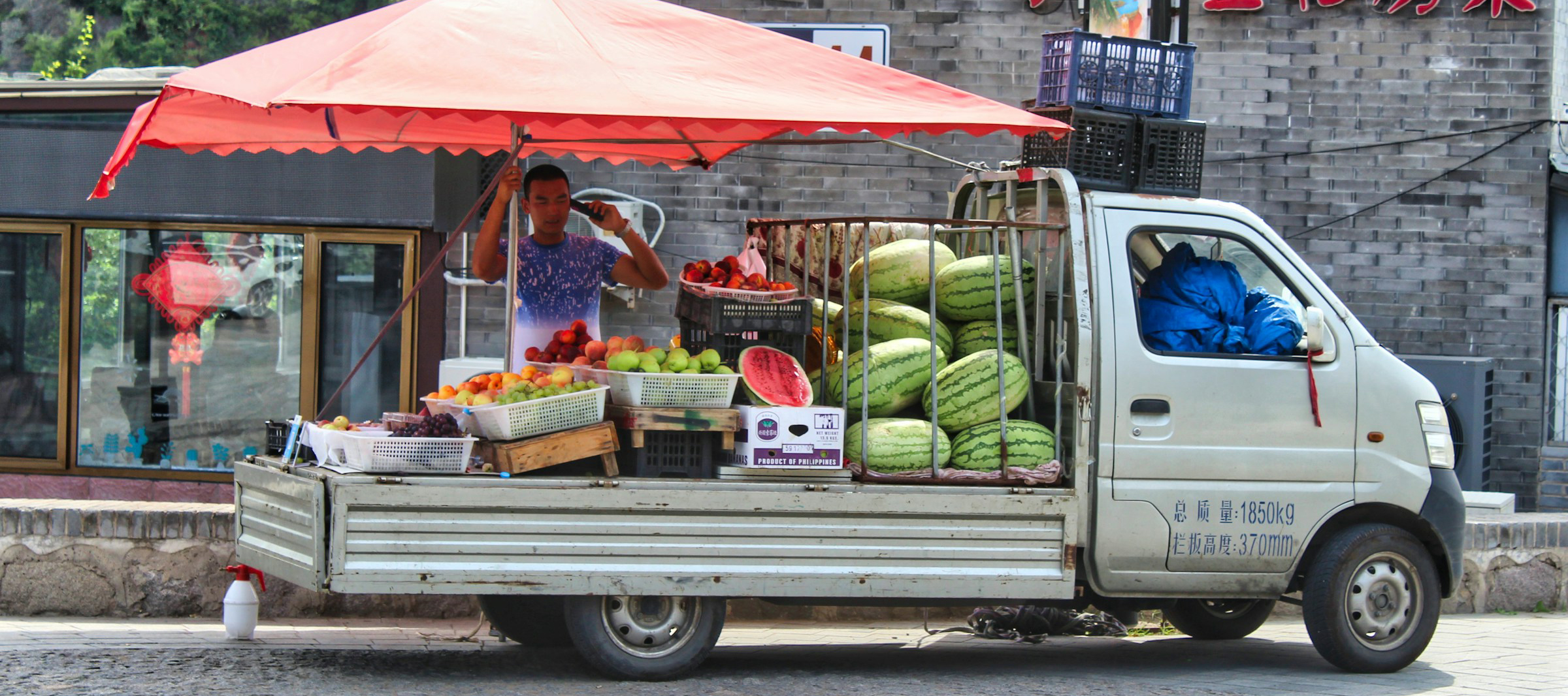
Asia
Brighter Green’s work in Asia began with an in-depth policy paper on China’s experience of rising meat and dairy consumption and increasing industrialization of animal agriculture. Published in English and Chinese, that research led to two documentary films (What’s for Dinner? and Six Years On), and two animated shorts on factory farming for Chinese and global audiences; the founding of the Good Food Fund, now the leading sustainable food systems organization in China; and creation of the China Vegan Society, the first national network on plant-based eating.
We have partnered with the Good Food Fund on the first “roadshow” of China and Hong Kong featuring U.S. plant-based chefs and food educators; and the Food Forward Forum. The Forum, an experiential learning tour for Chinese chefs, educators, and writers, made stops at U.S. universities and institutions that have “greened” the food they serve, including Harvard, Yale, the University of Massachusetts-Amherst, and the Google headquarters in New York City. Brighter Green has presented our policy research at annual Good Food summits (off- and online) and universities in China, and co-created the online Good Food Academy in Chinese and English to illuminate sustainable food systems, factory farming, and plant-based eating.
India has also been the focus of a detailed policy paper on animal agriculture, climate change, water, livelihoods, public health, and concepts of animal welfare and ethics. We have also documented the poultry industry’s growth and impact in India and the realities of development of industrial dairies across Asia, alongside increased marketing and consumption of milk, cheese, ice cream, and yogurt. Our Asia work also encompasses information-sharing and strategic engagement with civil society organizations, advocates, and media.


